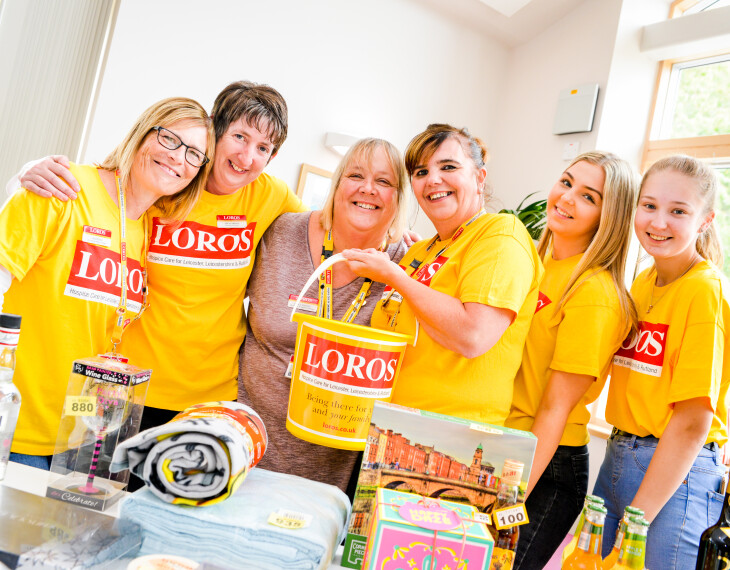We really value your support and want to keep in touch about the difference it’s making
Sign up to our newsletter
I once read a tongue in cheek article written by a university lecturer which described her ability to identify any participant’s speciality purely based on where they sat and how they responded in her lectures. As an education professional, this piqued my interest. She suggested that those working in Emergency Care would fidget, sit in the middle of the room and ‘dash off and do’ as soon as the lecture ended. Those in paediatrics would tend to doodle, their notes strewn with cartoon characters and patterns that any mindful colouring book publisher would be pleased to have. The palliative care professionals though, would be two rows from the front, listening attentively, raising their hands periodically with exploratory, thoughtful questions…
Palliative care is special. The people who work in palliative care are special. That is my biggest take-away after four years in post.
I came to LOROS after having worked in the NHS for a decade in various roles and having trained as a midwife. An odd decision, some suggested to move from a career surrounded by the many joys of new life to one that could be perceived as dark and sad and depressing – one that was focussed on the very natural final stage of human presence - death.
How wrong this perception is. The world of hospice is one of light. It focuses on quality of life, of making each moment count and of celebrating the joy in every day. An important reminder for us all.
In the last four years I have worked with the most incredible team of educators, researchers, coordinators and support staff. Our shared vision has been to ensure that the process of death and dying is as compassionate, gentle and well-managed as possible for the people of Leicester, Leicestershire and Rutland, a vision that we continue to pursue through relentless communication and evidence-based training which is delivered to many groups including; medical students, student nurses, paramedics, doctors, nurses, counsellors, care home staff, families and carers – even schools. In four years, which of course span the covid-pandemic, we have played an important role in supporting our local health system, working with colleagues caring for those with palliative needs in how to recognise deterioration and providing them with the tools, skills and confidence that help ensure that people remain in a familiar setting (should this be their wish) rather than being taken into hospital.
Our launch last year as a recognised Centre for Excellence in Palliative and End of Life research has been a highlight and it has also been my privilege to work with and learn from world-leaders in this field. I will watch the evolution and impact of this research with interest in the coming years and have every confidence that it will continue to make a difference to the diverse communities that we serve.
Looking back on the last four years I also reflect on the challenges that have and continue to face charity leaders. Funding remains a key priority and with the emergence and growing maturity of Integrated Care Systems, it is my desperate wish that healthcare providers sitting outside of the NHS are recognised for the important role that they play in the provision of care, a function that reduces pressure on our stretched NHS services. I hope that charities are increasingly included in conversations around the design of pathways and that their funding is proportionately aligned to the level of service they deliver. I hope that they continue to be seen to be an equal partner in a complex landscape that needs the involvement and expertise of each and every one its players.
I reflect on the qualities required by healthcare charity leaders; the ability to build inclusivity and a sense of value for the whole workforce set against the very real challenges associated with the ‘business of charity’. Most importantly, this is a sector that requires leaders with genuine compassion, a willingness to be open and transparent and a vision that motivates and inspires.
And so, as a converted professional sitting in the second row, listening attentively and making detailed notes, I say thank you to those many, many people involved in making one of the most challenging points in life slightly easier. The researchers who give us the why, the educators that give us the what, the clinicians that give us such important care no matter where and when patients are in their journey, and the funders and support staff that provide the how.
Palliative care is special. May we each remember to make each moment count and to celebrate the joy in every day.
